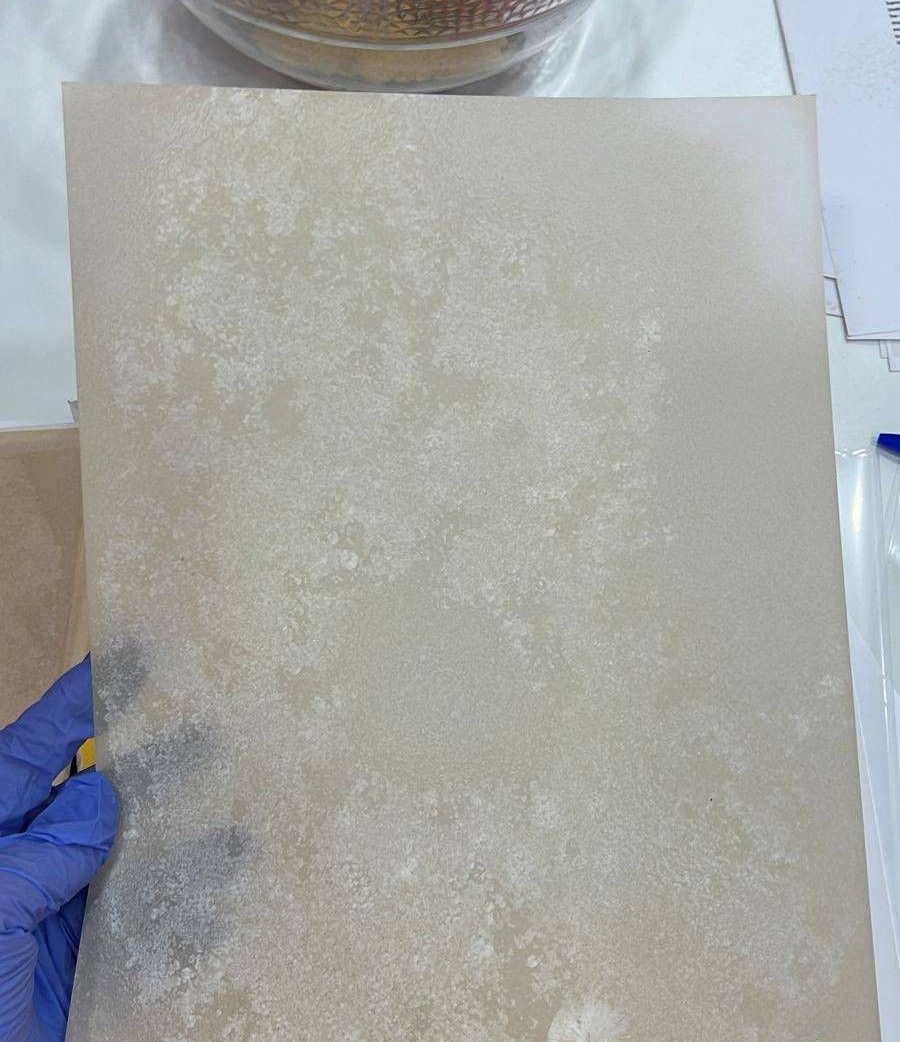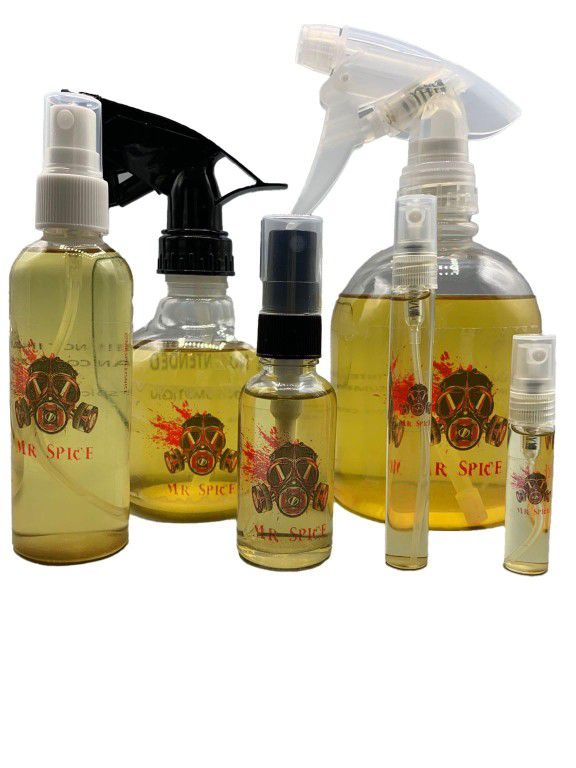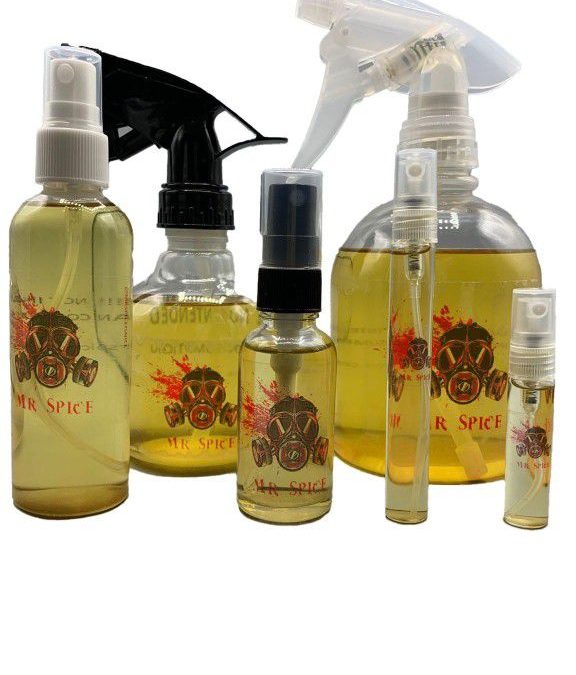The term “K2 paper” refers to paper that has been infused with the synthetic drug known as K2, and its usage has been on the rise within prisons throughout the United States. Inmates have devised inventive methods to smuggle this drug into correctional facilities, often by saturating letters, drawings, or other paper-based items with liquid K2 before sending them through the mail. Upon arrival, the paper is torn into smaller fragments, which can be smoked or consumed to induce a state of intoxication.
While the idea of infusing paper with narcotics isn’t new, the appearance of this strategy to smuggle drugs into prison is relatively new. To better understand this trend, we need to understand this drug.

What is k2 then?
In the context of drug use, the term “K2” typically refers to a type of synthetic cannabinoid that is often marketed as synthetic marijuana or synthetic cannabis. It is also known by other names such as Spice, Black Mamba, or Bliss. K2 is designed to mimic the effects of tetrahydrocannabinol (THC), the psychoactive compound found in natural cannabis.
K2 products are typically created by spraying synthetic chemicals onto plant material, which is then smoked or vaporized. As discussed above, this synthetic cannabinoid can also be infused to paper. Outside of a prison environment, these papers are often sold in small, colorful packets or sachets, marketed as herbal incense or potpourri to evade legal regulations.
These synthetic cannabinoids are designed to bind to the same receptors in the brain as THC, producing similar effects. However, K2 substances can be much more potent and unpredictable than natural cannabis, leading to a higher risk of adverse reactions and health complications.
The harmful effects of K2 include:
Seizures
Stroke
Coma
Acute kidney injury requiring hospitalization and dialysis.
Nausea and vomiting
Hallucinations
Death by heart attack or organ failure
It’s important to note that the use of synthetic cannabinoids, including K2, can be highly dangerous and pose significant health risks. These substances have been associated with a range of adverse effects such as severe anxiety, hallucinations, rapid heart rate, high blood pressure, vomiting, seizures, and even cases of overdose and death. The composition of K2 products can vary widely, and the lack of quality control or standardized manufacturing processes makes them particularly hazardous. Therefore, it is strongly advised to avoid the use of synthetic cannabinoids due to their unpredictable and potentially harmful effects. In a prison setting, where access to medical care may be limited, these risks are further magnified.

Why is K2 becoming a drug of choice in prisons?
Affordability:
K2 holds appeal among inmates due to its comparatively lower cost when compared to other drugs. With limited resources, inmates often find K2 to be a more affordable option. Smuggling traditional drugs like marijuana or cocaine into prison can be financially prohibitive, while K2 jail paper can be easily and inexpensively sent through mail.
Ease of Access:
The resourcefulness of inmates and their loved ones has made smuggling K2 into prisons a relatively straightforward task. This accessibility has played a role in the drug’s popularity among those seeking a high behind bars, despite the known risks associated with its use.
Conclusion
In conclusion, K2 paper, or prison paper, refers to paper infused with the synthetic drug K2, which has gained popularity in prisons across the United States. Inmates ingeniously smuggle the drug by saturating paper items with liquid K2 and tearing them into smaller pieces for smoking or consumption.
K2 is a synthetic cannabinoid designed to mimic the effects of THC, but it can be stronger and more unpredictable, leading to severe health risks such as seizures, stroke, coma, acute kidney injury, nausea, hallucinations, and even death. In a prison environment with limited access to medical care, the risks are amplified.
The affordability of K2 compared to other drugs and its easy accessibility contribute to its popularity among inmates, despite the well-known risks involved. Addressing these dangers and raising awareness about synthetic cannabinoids are crucial in prison settings.
If you have questions or concerns about K2 withing in your company or community, please contact us today. While K2 doesn’t appear on many standard drug test panels, nor on instant testing we have many lab based options available to detect it.

